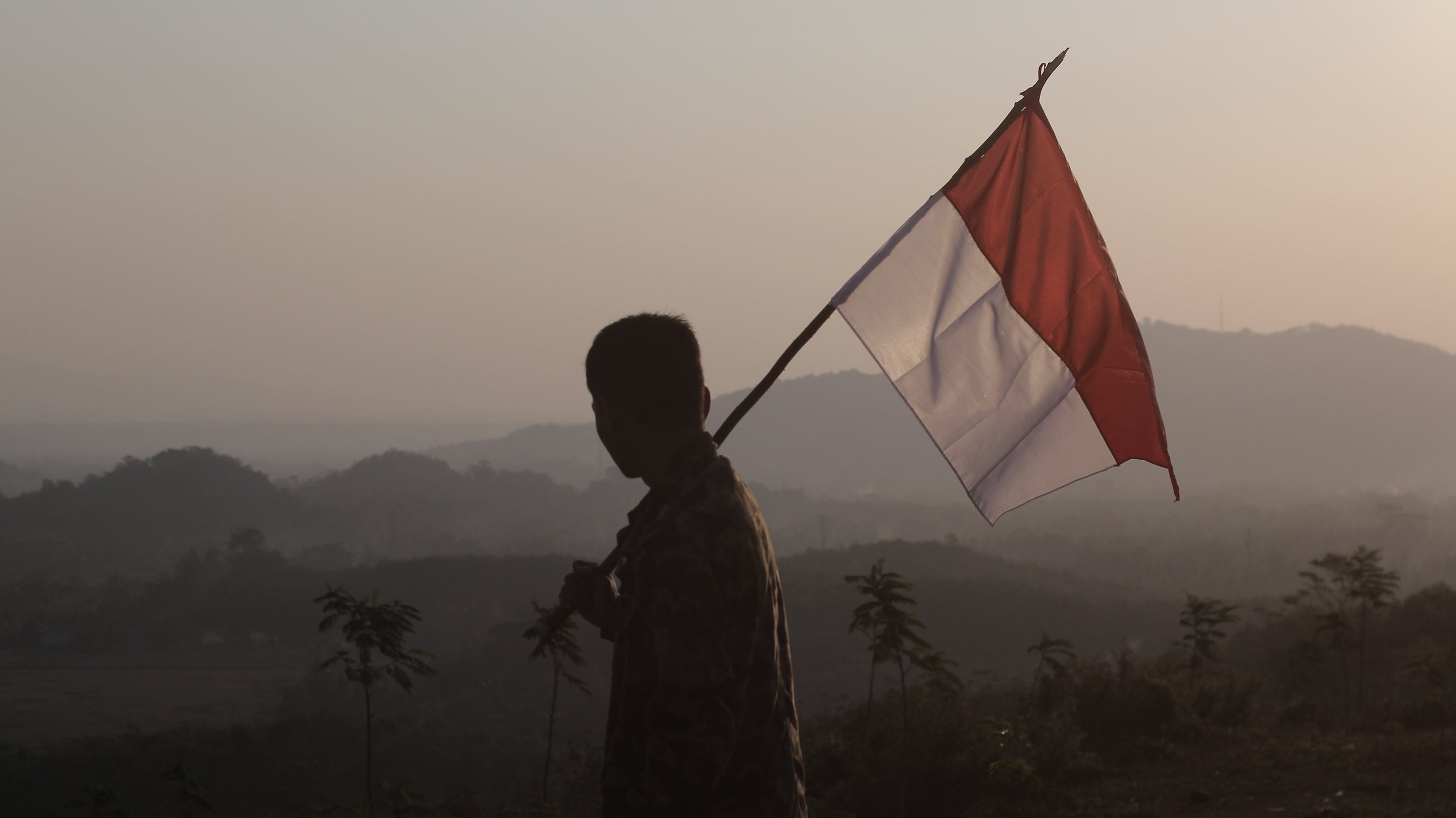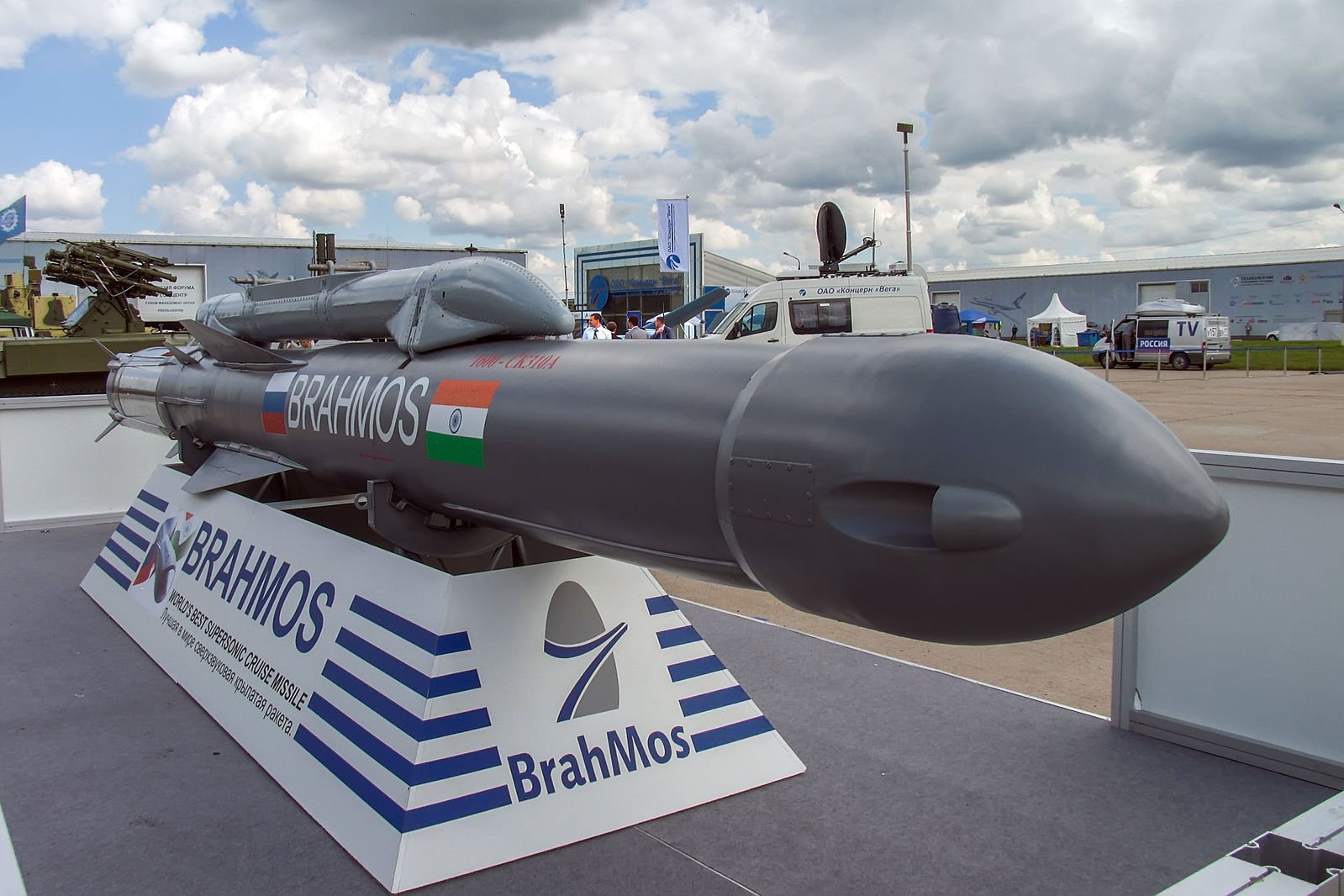Best of 2023: Indonesia
BEST OF 2023: INDONESIA
2 January 2024
As the world’s fourth most populous nation and 16th largest economy by nominal GDP, Indonesia is a significant actor in the Indo-Pacific, influential also beyond the region.
As the 2022 G20 Chair and last year’s chairman of the Association of Southeast Asian Nations (ASEAN), Jakarta has been at the forefront of several important discussions around current world affairs. On 14 February 2024, the country will hold its general elections.
At 9DASHLINE, we focus on the shifting geopolitical landscape of the Indo-Pacific and take a great interest in developing a better understanding of Indonesia. We present some of our most insightful pieces looking at various aspects of Indonesia’s internal dynamics and its engagement with the external world.
PRABOWO’S UKRAINE PROPOSAL UNDERSCORES INDONESIA’S FRACTURED FOREIGN POLICY
WRITTEN BY ANDREYKA NATALEGAWA, ASSOCIATE FELLOW FOR THE SOUTHEAST ASIA PROGRAM AT THE CENTER FOR STRATEGIC AND INTERNATIONAL STUDIES (CSIS)
In one of our most-read pieces of 2023, Andreyka Natalegawa assesses Indonesian Defence Minister — and a frontrunner in the 2024 election — Prabowo Subianto’s controversial proposal of a “peace plan” to end Russia’s war in Ukraine of early June. He argues that the proposal highlights Indonesia’s fractured foreign policy apparatus and underscores the fact that Jakarta will face serious pains in its pursuit of a more active regional and global role. According to Natalegawa, Indonesia’s foreign policy is ultimately limited by domestic — and even personal — political interests that lead to inconsistency and contradiction.
ELEPHANT IN THE ROOM: INDONESIA HESITATES TO STRIKE INDIA-RUSSIA MISSILE DEAL
WRITTEN BY ANDI RAIHANAH ASHAR, LEAD ANALYST FOR MARITIME SECURITY AND COUNTERTERRORISM AT PT SEMAR SENTINEL INDONESIA
To modernise its National Armed Forces, Indonesia has been considering buying the BrahMos missile — a highly versatile missile produced by a joint venture between an Indian state-owned organisation and a Russian rocket design bureau. In this piece, Andi Raihanah Ashar discusses the two factors driving Jakarta’s continued hesitance in striking the missile deal and explains why Indonesia is unlikely to pursue any such transaction unless it follows a policy similar to that of the Philippines.
WHY THE PHILIPPINES AND INDONESIA HAVE WARMED TO AUKUS
WRITTEN BY JULIAN NEUWEILER, SENIOR ANALYST AT BOWERGROUP AND PATRICK TRIGLAVCANIN, SENIOR RESEARCH ASSISTANT AT THE COUNCIL ON GEOSTRATEGY
In another article on Indonesia’s security policy, Julian Neuweiler and Patrick Triglavcanin explore Indonesia and the Philippines’ shifting stance on AUKUS. They explain that AUKUS’ improved communication style and the changing geopolitical context have led the two countries to perceive AUKUS in more positive terms than when it was first announced in 2021. However, the authors caution that irrespective of the outcome of Indonesia’s presidential election in 2024, AUKUS members must maintain solid relationships with both countries and make continued efforts toward transparency.
INDONESIA AND NORTH KOREA: WARM MEMORIES OF THE COLD WAR
WRITTEN BY DR GATRA PRIYANDITA, ANALYST AT THE AUSTRALIAN STRATEGIC POLICY INSTITUTE, VISITING FELLOW AT THE DEPARTMENT OF POLITICAL AND SOCIAL CHANGE AT THE AUSTRALIAN NATIONAL UNIVERSITY
In this piece, Dr Gatra Priyandita draws attention to one of the less discussed bilateral relationships in the Indo-Pacific: Indonesia’s historical and contemporary relations with North Korea. Priyandita notes that especially Kim Il-sung’s 1965 visit to Indonesia under President Sukarno remains fondly remembered in both countries and symbolises a relatively romanticised period of foreign policy in Indonesia. As Indonesian foreign policymakers reflect on Jakarta’s role in the world as a larger, more confident nation, some are choosing to look back at any semblances of past glory for inspiration. According to the author, no other historical episode on the Korean Peninsula has a stronger appeal than the friendship between Sukarno and Kim Il-sung.
INDONESIA’S NEW CRIMINAL CODE TURNS REPRESENTATIVES INTO RULERS
WRITTEN BY DR SANA JAFFREY, DIRECTOR OF THE INSTITUTE FOR POLICY ANALYSIS OF CONFLICT (IPAC), NON-RESIDENT FELLOW AT THE CARNEGIE ENDOWMENT FOR INTERNATIONAL PEACE AND DR EVE WARBURTON, RESEARCH FELLOW AT THE DEPARTMENT OF POLITICAL AND SOCIAL CHANGE, DIRECTOR OF THE INDONESIA INSTITUTE AT AUSTRALIAN NATIONAL UNIVERSITY
In early 2023, the Indonesian parliament passed a new criminal code, giving the state new tools to punish a wide range of ideological, moral, and political offences. Here, Dr Sana Jaffrey and Dr Eve Warburton investigate which interests coalesced to pass the most repressive provisions of the criminal code and highlight their implications for Indonesian democracy. In a sobering conclusion, the authors argue that while the new criminal code is not the final nail in democracy’s coffin, “it gives a hammer to anyone who wants to drive one in”.
DISCLAIMER: All views expressed are those of the writers and do not necessarily represent that of the 9DASHLINE.com platform.
Image credit: Unsplash/Rizky Rahmat Hidayat.





